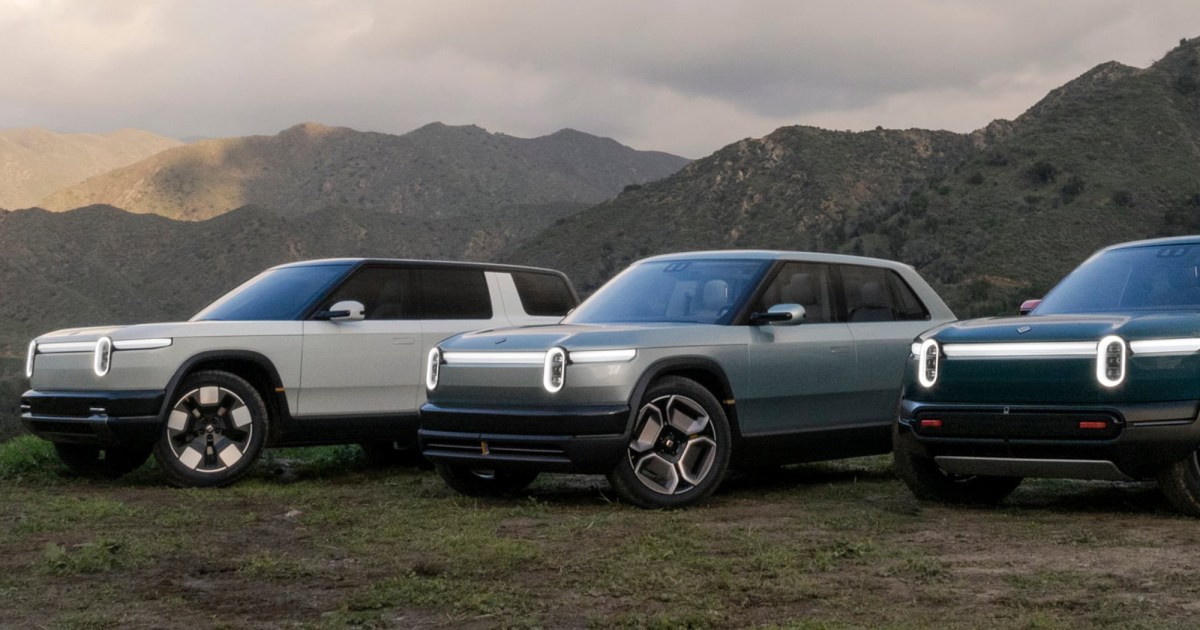The big challenge for Rivian, the EV maker known for its innovative electric and software systems, has long been how to reach the next stage of growth.
That stage became within reach in June, when the California-based company and Volkswagen announced a joint venture, involving a $5 billion injection from the German automaker.
And now that venture is officially kicking off with an additional $800 million of investment from VW and a near-term goal: Developping a common manufacturing and tech platform to be used for Rivian’s upcoming R2 SUV and VW’s Scout EVs, as well as other upcoming models.
“The [joint venture] is highly complementary, reflecting Rivian’s industry-leading software and electrical hardware technology as well as Volkswagen Group’s significant global scale and industry-leading vehicle platform competencies,” the companies said in a statement.
For Volkswagen, the challenge has been to develop its own software and electrical systems: The name of the game for global automakers has been to transition towards producing ‘software-defined vehicles’ (SDVs), with functionalities and digital experiences that can be upgraded over time.
The companies plan to use Rivian’s electrical architecture and software technology stack to enable the launch of Rivian’s R2 midsize SUV in the first half of 2026 and support the launch of Volkswagen models by 2027.
Speaking during a conference call, Volkswagen CEO Oliver Blume said the next-gen platform will first be deployed for Volkswagen brand vehicles, followed by Audi, Scout, Porsche and all remaining brands.
The venture and the injection of capital from Volkswagen should also provide much needed support for Rivian, which has struggled with suppy issues this year.
In August, the EV maker had to temporarily suspend the production of delivery vans used by Amazon.com due to a shortage of parts. Amazon also remains the largest investor in Rivian, with a 16% stake.






